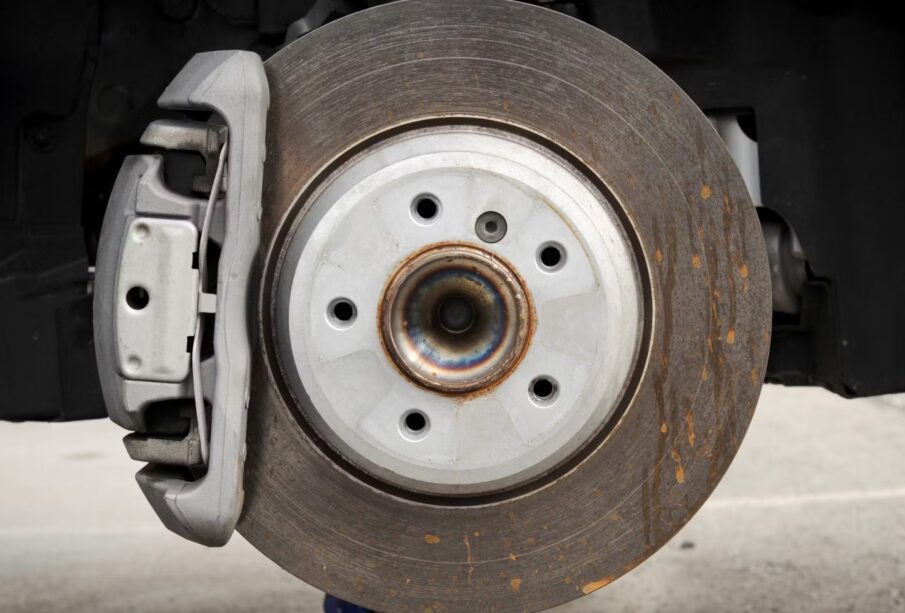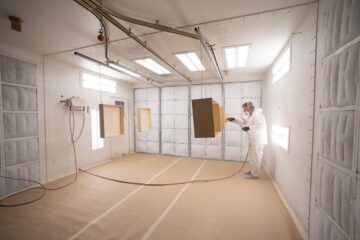Squeaky car brakes: What you need to know

Brake pad squeaks are bothersome. It’s not always an emergency, but you should pay attention. Brake squeaking causes and solutions are shown below.
Why do my brakes make such a horrible squeaking noise?
Brake pads generate heat when they produce friction to slow a vehicle, even though brakes are subjected to a great deal of stress. It’s fairly unusual for them to start making strange noises after years of hard effort. If your brakes are making a squealing, grinding, or hissing noise:
- Bad installation:
Problems like noisy brakes are sometimes the result of using low-quality components or shoddy installation techniques. A stuck caliper is often the result of improper lubrication. The brake pads and pistons are contained inside the caliper. Know more about Power Stop brakes
It causes the wheels to slow down due to friction with the rotors. Sticking calipers may diminish stopping power and even cause the vehicle to “drag” due to friction with the rotor. The brake pad may wear out and make a scraping noise if this continues. Therefore, you need to fix this right now. If you can, take your vehicle to a repair shop.
- Brakes must ‘warm up’:
Brakes with dew and rust overnight may hiss or grind. Stormy mornings might produce brake pad sounds. After the brake pads remove the rust from the disc, the sound should stop. Tires warn that moisture may damage brakes as time passes.
- Modern brakes:
Due to updated equipment including security features, vehicles have become heavier, requiring metal and ceramic pads for braking. They slow heavier trucks better than their predecessors. However, the brakes are louder.
- Reinstall the brakes:
Brake pads contain a “wear indicator.” It scratches the disc when the brake pad wears out. Squeaks are OK. Scraping may need brake pad replacement.
Methods to fix squeaky brakes:
One possible solution to address minor brake noise is to consider upgrading to aftermarket brake pads.
Some aftermarket parts are designed with a focus on minimizing noise levels. It may be helpful to seek advice from a professional mechanic in your area for potential solutions.
Moreover, we suggest considering the use of anaerobic adhesives. These adhesives have a strong bonding capability with metal surfaces. The process involves the removal and cleaning of both the pad and caliper. One option would be to apply the adhesive to the piston. This method is recommended for individuals who have experience with disassembling and reassembling brake components.
It is advisable to promptly consult a mechanic in case of any significant brake-related concerns.
What if the new brakes start making noise?
Squeaking may occur when pads come into contact with dampness, ceramics, or metals. This squeaking is normally safe to ignore, although new brake pads may squeak if anything gets stuck between the pad and the rotor.
Will my insurance pay for new brake pads?
Insurance does not cover car maintenance. Replace brake pads.
Brake pad replacement may be compensated. Details are important. In a full-on or head-on incident, call your vehicle insurance company if you have concerns about coverages or exclusions.




















